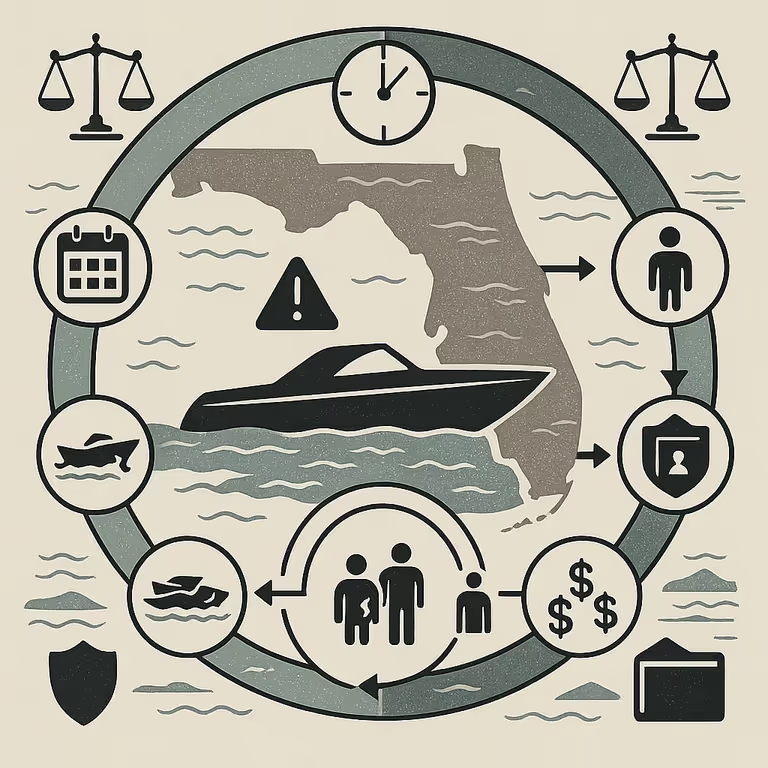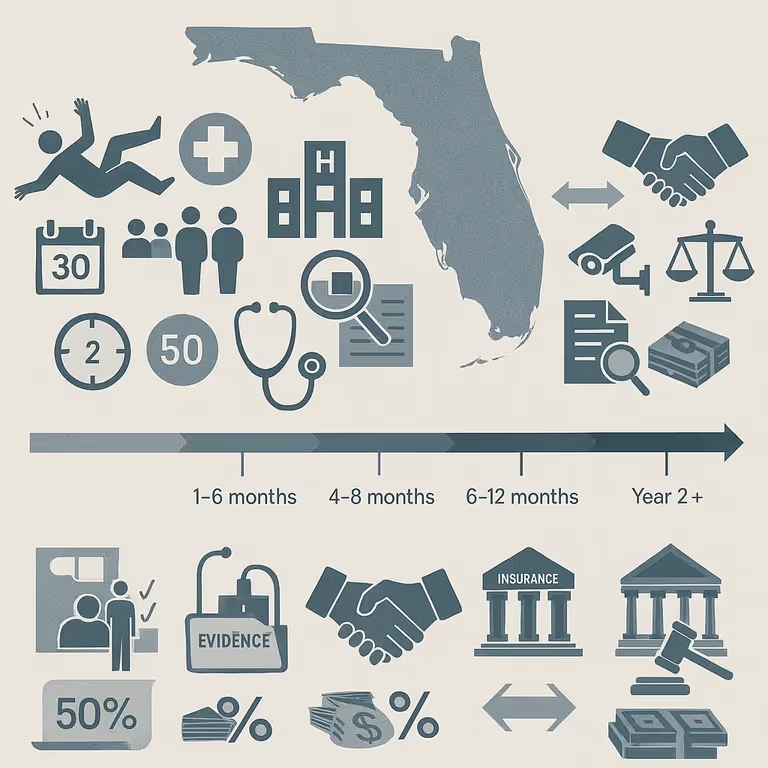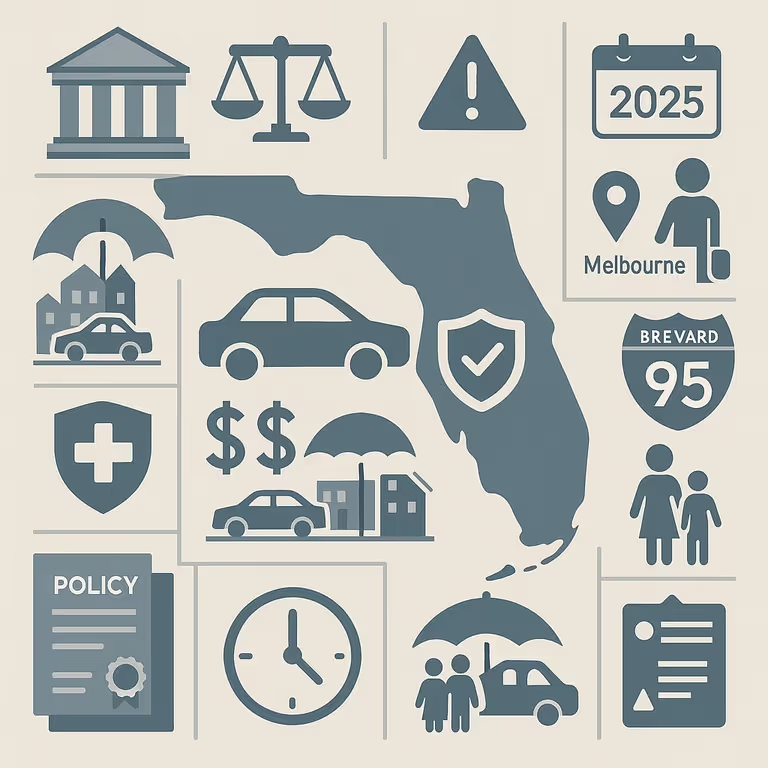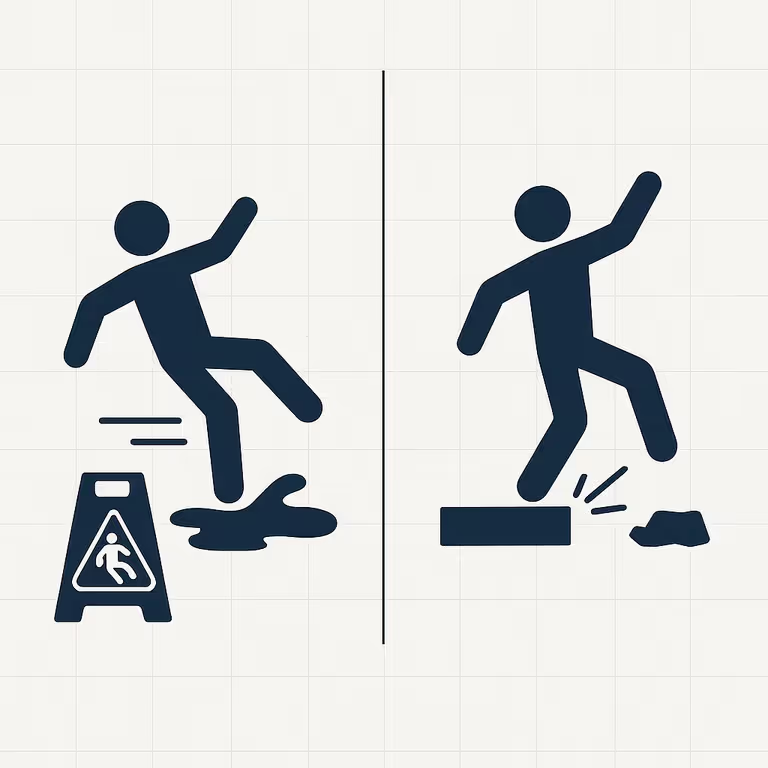Why We Try Brain Injury Cases
Learn about brain injuries, their impact, and your legal options with The Law Offices of Douglas R. Beam, P.A. Expert guidance for victims and families.

Worried About Your Injury Case? We'll Review It - Free!


What is a Brain Injury
After an accident, brain injuries can be devastating. Also known as the silent trauma, brain injuries are not always an easily spotted disability, yet their consequences can be life-altering. If you or someone you care about has endured a head injury, you know firsthand the physical, emotional, and financial toll it can take on the injured individual and their family. Quite often, recovery can last a lifetime, and the victim’s quality of life, hopes for the future, and abilities prior to the accident are significantly altered.
Though finding a lawyer to help settle your brain injury case cannot reverse what has happened to you or your loved one, it can help recover what you have had to endure financially during the devastation of a brain injury. If you believe a person or company is liable for a brain injury sustained, finding a lawyer can help build the case for the compensation you are owed. While dealing with the trauma surrounding a brain injury, we believe you shouldn’t have to bear the financial burden, too.
Brain Injuries in the Past
Brain injuries have only recently begun to be medically understood and taken seriously by professionals. More often than not, mild brain injuries in the past would go undiagnosed after a hit on the football field, or an injury in the factory; and, victims would silently suffer and endure without treatment. Soldiers returning from combat were repeatedly misdiagnosed, or neglected to privately suffer through their brain injuries, many times resulting in depression and mental illness later in life.
The quality of life for those who suffered brain injuries during much of the 20th century in the US nearly always declined and often resulted in institutionalization for lack of better knowledge in how to deal with the victim’s case. Patients did not have adequate access to rehabilitation devices or therapies, and cases were often neglected and human rights grossly violated.
Brave survivors of the past have used their stories to shine a light on the neglect they have faced, and as a consequence, new and improved methods of rehabilitation are now available for those who have suffered head trauma. Though often costly, these surgeries and therapies developed in the 21st century have helped to improve the quality of life for many brain injury survivors. Still though, doctors believe that of the 69 million reported brain injuries per year, there are many more than go unreported.
Minor Brain Injury
Many people might think that brain injuries are always perceptible, like a personality change, or an alteration to the function of their bodies, however, this is not always the case. Frequently, brain injuries produce subtle changes that may only be noticeable to the victim themselves. After a trauma or accident, it is always important to be aware of the signs and symptoms of a minor brain injury. These include:
- Headache
- Confusion
- Nausea/vomiting
- Irritability
- Vision changes
- Depression
- Emotional and behavioral deviations
- Other cognitive functional issues
If you experience any of these symptoms following injury to the head, it is important to receive medical care immediately to treat a potential brain injury.
Brain Injury Lawsuits
If you believe that you or a loved one might be entitled to financial compensation after a brain injury, the first thing you should do is contact a lawyer. Before negotiating with your insurance company or making a worker’s compensation claim, meet with a qualified personal injury lawyer who understands brain injury litigation. Your lawyer can help you determine the best steps to take for your case during the complicated medical and legal processes.
Most brain injury lawsuits are filed based on the legal theory of negligence. This kind of claim specifies that the plaintiff who brings the lawsuit against the defendant believes the “at fault” party is responsible in some way for the brain injury sustained. In order to be successful in this kind of lawsuit, you must be able to prove:
- The defendant should have maintained a “duty of care” within the law
- The defendant was not prudently careful toward the plaintiff
- The defendant caused the accident in some way
- The accident’s injuries are medically or financially measurable
It can be difficult to prove that your brain injury was sustained due to the “at fault” party’s actions and not due to another event. By gathering as many medical records as you can and carefully collecting evidence, you can help prove the case against the “at fault” party. Your lawyer will ask you questions about how the accident happened, what occurred, the timeline of your injuries, and what life has been like post-accident. These questions can help your lawyer create a coherent picture to prove your case.
As we have discussed previously, symptoms of brain injury can be latent and difficult to immediately diagnose. If you are in an accident that is the result of negligence, keep records of your medical journey so that if you begin to develop delayed onset symptoms, you will be able to prove that you deserve compensation from the party responsible. Experiencing delayed onset symptoms can also be a sign that your medical provider was negligent in treating your medical injuries, and in this case, you may be entitled to compensation from your medical provider as well.
Compensation
If your injuries are deemed the responsibility of the “at fault” party, here is a list of the different types of compensation you may receive:
- Medical Bill Coverage - You may receive financial compensation to cover some or all of the medical bills associated with the injury.
- Wages Lost - Your injury may entitle you to receive financial compensation to cover wages lost while unable to work.
- Pain, suffering and chronic pain - If the injury gives you chronic and lasting pain that diminishes your quality of life, you may also be entitled to pursue financial compensation.
- Diminished enjoyment - If you are not able to participate in activities you once enjoyed, you may be able to receive a settlement covering these complicated damages.
- Wrongful Death - If a brain injury proves fatal to the victim, the family may be able to receive recompense for funeral costs, lost wages, or any other financial affliction resulting from the accident.
Even though we hope to keep ourselves and our loved ones safe, it is always best to be prepared in the event that a brain injury occurs. And remember, it is important to contact your lawyer soon after the accident, because the statute of limitations requires petitioners to file within a specified duration following the accident (depending on the state where the accident occurred). Your lawyer will know the steps to take that can alleviate some of the stress when trying to navigate the complexities of filing a brain injury lawsuit, and will help get you the compensation you deserve.




Not Sure What To Do Next? We Can Help – Fast & Free.
Worried About Your Injury Case?
We'll Review It - Free
Don’t miss an article
Florida law, local insights, and the occasional dog pic.
Delivered straight to your inbox.
More articles
Browse all articlesFree Case Review
Get a complimentary review of your case

.webp)








